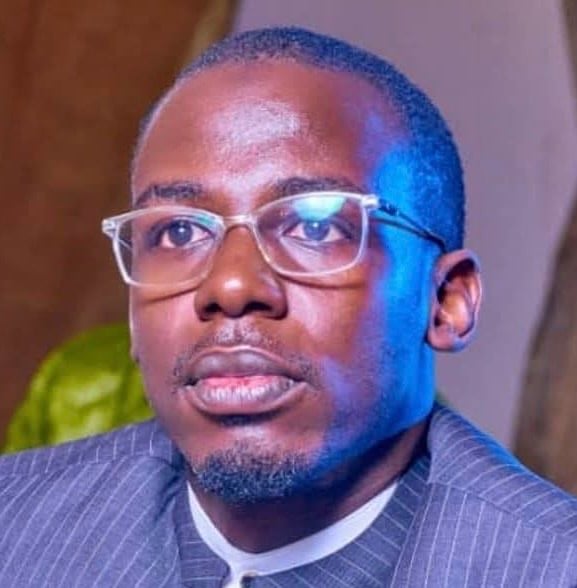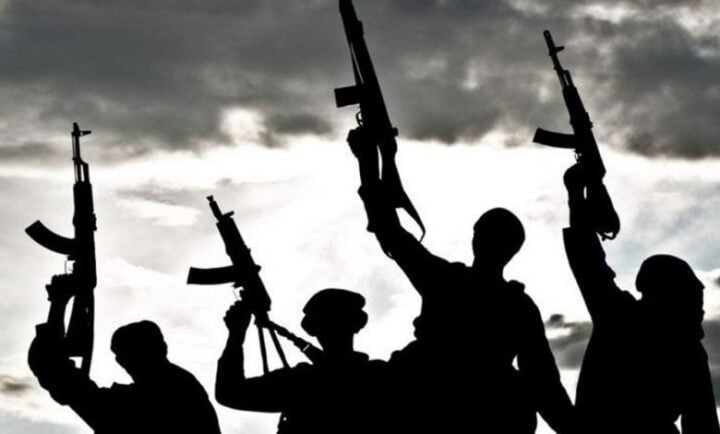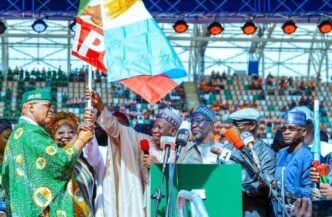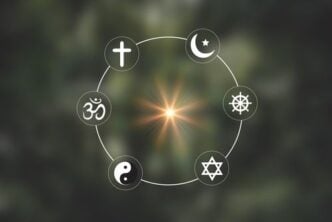File photo
When a country is placed on America’s Countries of Particular Concern (CPC) list, it never remains a technical diplomatic category. It becomes a permanent shadow that trails the nation into investment discussions, military cooperation and the private rooms where powerful actors decide who to trust. Nigeria now carries that shadow, and for a country already overwhelmed by multiple security emergencies, the weight of this designation is neither abstract nor symbolic. It is political, economic and potentially destabilising.
The most worrying aspect is that the designation rests on a narrative that fractures upon contact with reality: the claim that Nigeria is enabling a “Christian genocide.” It is a narrative that sounds coherent in Washington’s hearing rooms, where testimonies are polished and emotions are guided. Yet once you step away from those rooms and into the communities where violence shapes the rhythm of daily life, the story changes completely.
A Narrative Travelling Faster Than Truth
The genocide narrative spreads quickly because it offers a clean explanation for a crisis that is anything but clean. It moves through congressional hearings, diaspora networks, lobbying circles and social-media echo chambers that seldom include those who bury their loved ones at dawn. In those distant spaces, the narrative feels straightforward and morally comfortable, but on Nigerian soil, it dissolves into a far more complex and painful reality.
In Zamfara, over four hundred villages, mostly Muslim, have been emptied by bandits who kill for profit and control, not in the name of faith. In Katsina and Sokoto, entire communities have disappeared from maps, destroyed by criminal groups with no ideological agenda.
In Plateau, twenty-five Muslim travellers were dragged from their vehicles and murdered in broad daylight by mobs from nearby Christian communities. In Anambra, Harira Jibril, pregnant and exhausted, was killed alongside her four children simply because gunmen identified them as Muslims.
Advertisement
These stories do not erase the suffering of Christian families who face similar horrors. Instead, they reveal what the genocide narrative refuses to confront: the violence in Nigeria does not travel in one direction. It shifts according to geography, vulnerability, and an almost two-decade-long crack in the state’s security architecture. Just as Muslims do not assign collective guilt to Christians, Christians cannot assign collective blame to all Muslims for the crimes of extremists who misuse faith.
Where the Evidence Falls Apart
Genocide is not a rhetorical weapon; it is a legal term defined by intent. It requires a deliberate plan to exterminate a group of people because of who they are. Nigeria’s conflict landscape does not support that claim. In the North East, Boko Haram targets Christians and Muslims alike, killing clerics who oppose extremism, villagers who refuse allegiance and children caught in crossfire. More than two million people—of mixed faiths—live in displacement camps, united not by creed but by vulnerability.
In the North West, the violence is driven by banditry, ransom economies and territorial capture. Armed groups raid for money, power and fear, not ideology, and their victims are overwhelmingly Muslim. In the Middle Belt, a different logic governs the conflict: old land disputes, generational grievances and cycles of retaliation. More than ten thousand people have been killed across Plateau, Benue, Katsina and Kebbi in just two years, yet none of these killings reflect a coordinated national extermination plan.
Across the country, the devastation is staggering: thousands of villages razed, millions displaced and livelihoods erased. Still, no pattern points to state-sponsored religious cleansing. Nigeria’s crisis is a knot of collapsing borders, unregulated weapons, drug-fuelled gangs, under-resourced security forces and abandoned communities struggling to survive without the protection of their own government.
When Foreign Narratives Replace Local Truth
The danger begins when a single narrative becomes the only lens through which a country is understood. Sympathy for Christian victims is legitimate, but when that sympathy becomes exclusive, Muslim victims vanish entirely from the story. Their widows do not appear in Washington. Their mass graves do not trend. Their displacement does not register in global reports. A national tragedy becomes a one-directional script, and in that script, the failures of governance disappear behind the simplified idea of religious persecution.
Once this misdiagnosed story takes root in Washington, policies begin to bend around it. Sanctions are proposed as moral pressure. Restrictions on arms sales are framed as accountability. Intervention is whispered as a last resort. These policies do not ask whether the next life at risk belongs to a Christian grandmother in Zangon Kataf or a Muslim farmer in Zurmi. They strike everyone equally, often worsening insecurity for those already living at the edge of danger.
Advertisement
The Grief That Defines the Crisis
In Kaduna, three years ago, I sat with a widow who lost her husband in a night attack. She did not know the attackers or their motives. All she knew was that when gunshots shattered the silence, no one came to help—not the nearby police post, not the patrol team she had been assured would protect them, not the state she believed would stand between her family and danger. Her grief was neither Christian nor Muslim. It was the grief of a Nigerian who discovered, in one devastating moment, that she was on her own.
Her story echoes across northern Nigeria. In Katsina, a man from Dansadau recounted how bandits demanded a “tax” of ₦200,000 in exchange for peace. When villagers failed to pay, the killings began, farms were abandoned, and hunger forced families across the border. Over eighty thousand Nigerians now live as refugees in Niger’s Maradi region, while nearly four hundred thousand are displaced across Kaduna, Kano, Katsina, Sokoto and Zamfara. Many do not appear in the data of Washington because they are Muslims?
They sleep in classrooms, abandoned buildings, unfinished shops and borrowed compounds. Their lives are held together by resilience and charity, not by state protection. From Plateau to Benue to Zamfara, the scenes repeat themselves: midnight escapes, separated families, villages negotiating with bandits and people surviving despite the government, not because of it.
A Crisis Rooted in State Fragility
Nigeria’s emergency is not a religious war; it is a terrifying manifestation of state fragility. Borders allow weapons to flow freely. Security forces operate with broken vehicles and empty fuel tanks. Criminal groups evolve faster than government responses. In many villages, the most powerful authority is the local bandit leader, not the state. Communities negotiate peace at gunpoint, surrender parts of their harvest as taxes and accept rules imposed by criminals because the state is too weak to govern.
This is not the blueprint of genocide. It is the anatomy of state failure. And it is state failure—not a government-backed religious mission—that is killing Nigerians of all identities.
Reclaiming Nigeria’s Story
Nigeria cannot allow outsiders to dictate the meaning of its suffering. Foreign partners may care, but they must care responsibly. A misdiagnosed story in Washington becomes a policy, a policy becomes a precedent, and a precedent becomes a long-term obstacle to Nigeria’s security and development. Sanctions, arms restrictions and diplomatic isolation hit the vulnerable hardest, not the architects of state weakness.
This is why Nigeria must insist on telling its whole truth. A truth that honours Christian and Muslim victims equally. A truth that identifies governance collapse—not religious persecution—as the central driver of violence. A truth that demands stronger institutions, better security responses and international partnerships rooted in accuracy, not ideology. If Nigeria does not reclaim its story, others will continue telling it badly, and when the wrong story becomes the world’s truth, the decisions that follow may be ones Nigeria, in its fragile state, cannot survive.
Advertisement
Views expressed by contributors are strictly personal and not of TheCable.






